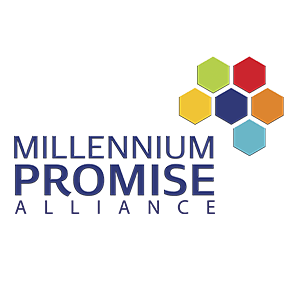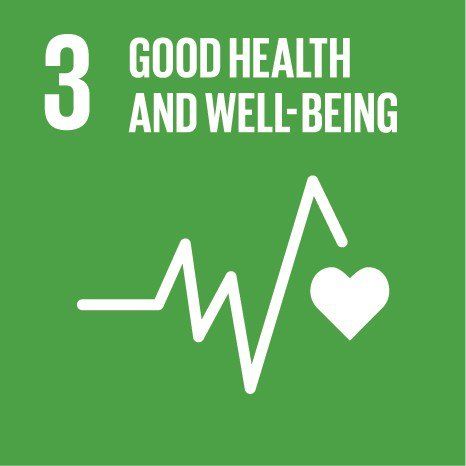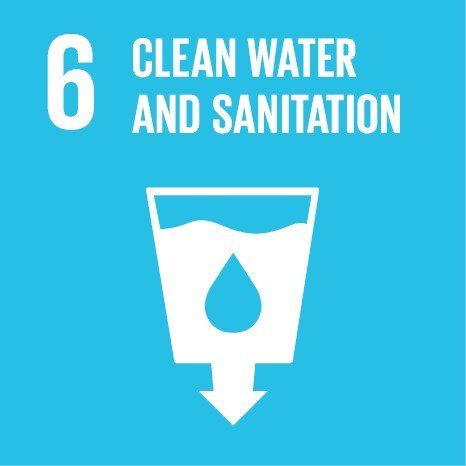Health Systems, Nutrition and WASH
MPA's Health Sector and Systems
Our Health Sector’s overall mission is to ensure healthy lives and promote well-being for all at all ages in our intervention sites.
MPA researches and addresses issues related to: a) communicable diseases, particularly those sensitive to drought and climate in general; b) the improvement of national healthcare delivery systems; and c) the importance of nutritional diversity farming systems to healthy life, with special focus on the diversity of nutrients at the household level and how to enhance the nutritional resilience of communities by integrating agriculture, nutrition and ecology studies. The objective is to develop and implement an e-health program based on ICT tools, Community Health Workers (CHWs) and structured information for decision making process using reliable data in a sustainable health care system.
This mission is further embedded within the overarching aim of achieving universal health coverage defined as quality, essential health service coverage, including health financial coverage, extended to the entire population.
The objectives of our health sector are four-dimensional and aligned to the SDGs
SDG 3.1, 3.2, 3.3, and 3.7:
- Reduce mortality (especially maternal, child and new-born mortality)
- End the epidemics of AIDS, TB, malaria, NTDs and hepatitis, water-borne diseases & other communicable diseases
- Ensure universal access to sexual & reproductive health care services
SDGs: 3.4, 3.5, 3.6, 3.9:
- Strengthen prevention & treatment of substance abuse
- Reduce deaths and injuries from RTAs
SDG-related implementation targets (3a, 3c):
- Strengthen implementation of the WHO framework Convention on Tobacco Control
- Increase health financing & recruitment, development, training and retention of the health workforce with a great emphasis on CHW program
Targets from other health related SDGs (SDGs 2.1, 2.2, 6.1, 6.2, 8.6):
- End all forms of malnutrition in children; address the nutritional needs of women of all ages
- Achieve universal & equitable access to safe affordable drinking water for all
- Achieve access to adequate & equitable sanitation and hygiene for all and end open defecation
Nutrition and NCDs
While we continue to focus on vulnerable populations primarily the under-fives, pregnant and lactating mothers, adolescents and women of reproductive age (owing to HIV and other STIs) we also cover populations with chronic illness or at risk of NCDs thus including the elderly, and those vulnerable to substance abuse and at risk of road traffic accidents. Special focus is also placed to identify and address the needs of the vulnerable populations residing in urban and peri-urban informal settlements.
In collaboration with Earth Institute and Columbia University relevant entities, UN institutions and other partners, Millennium Promise Alliance addresses issues related to: a) communicable diseases, particularly those sensitive to drought and climate in general; b) the improvement of national healthcare delivery systems; and c) the importance of nutritional diversity farming systems to healthy life, with special focus on the diversity of nutrients at the household level and how to enhance the nutritional resilience of communities by integrating agriculture, nutrition and ecology studies.
Water, Sanitation, & Hygiene (WASH)
Water is essential for human well-being and economic development. Water means productive agriculture, good nutrition and sanitation, and freedom from poverty and disease. Yet water is under unprecedented stress due to climate change, population pressures, pollution and inadequate farm practices. An estimated 1 billion people worldwide lack reliable access to clean, safe drinking water. Nowhere is this more true than in rural sub-Saharan Africa.
An estimated 94 percent of diarrheal diseases—the second leading cause of death among children under five—are attributed to unsafe drinking water, inadequate sanitation and poor hygiene. Collecting water from remote sources also places an enormous burden on women and young children, limiting their ability to participate in gainful employment and education.





